(ECNS) -- When young Uzbek man Li Haoyu checks his phone in his small office at Xi'an International Trade and Logistics Park, he's just confirmed another shipment: ice cream headed for Central Asia. "I never imagined Chinese ice cream could be this popular," he said.
Born in Uzbekistan as Matmusayev, Li came to China to study at Northwestern Polytechnical University in Xi'an, Shaanxi Province, where he adopted his Chinese name. He stayed there to build a cross-border trade business, riding the momentum of the Belt and Road Initiative (BRI) and the China-Europe freight train network.
"I registered the company after graduation," he recalls. "My first big order was with a Russian firm, electronics. We shipped it using the China-Europe freight train from Xi'an."
A business grows with the trains
What began with small-scale electronics has now expanded to include construction materials, building equipment, and unexpectedly, frozen treats. "The ice cream boom started this year," he says. "Thanks to improvements in logistics, we can now handle refrigerated products efficiently. Orders just keep coming."
Li says the transformation in logistics has been key. "It used to take over 20 days to ship goods to Tashkent. Now it's as fast as 15. That speed makes a huge difference, it's why we can grow."
According to official data, Xi'an has dispatched over 2,500 China-Europe freight trains this year, with more than 700 heading to Central Asia. Xi'an International Port Station has become northwest China's largest railway logistics hub, dispatching or receiving a freight train every 100 minutes on average.
From student to entrepreneur
Li came to China for education, but he found much more, opportunity, support, and connections. With strong support from local authorities, he was able to access free office space, business mentorship, and even assistance with residence permits.
But it wasn't always easy. "At the beginning, communication was my biggest challenge, explaining things to suppliers and customers in Chinese, and understanding business customs. There were cultural gaps, misunderstandings."
"That's no longer an issue. Next, we plan to launch online retail channels and open e-commerce stores, harnessing BRI momentum to accelerate further."
(By Evelyn)









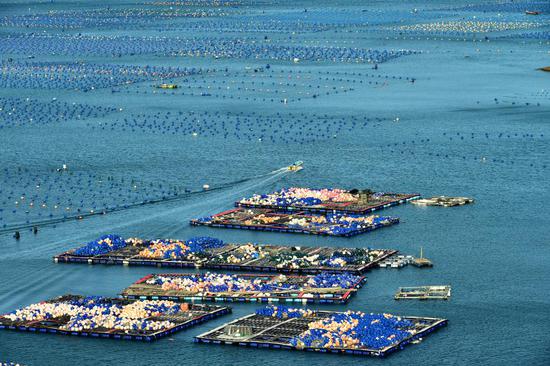


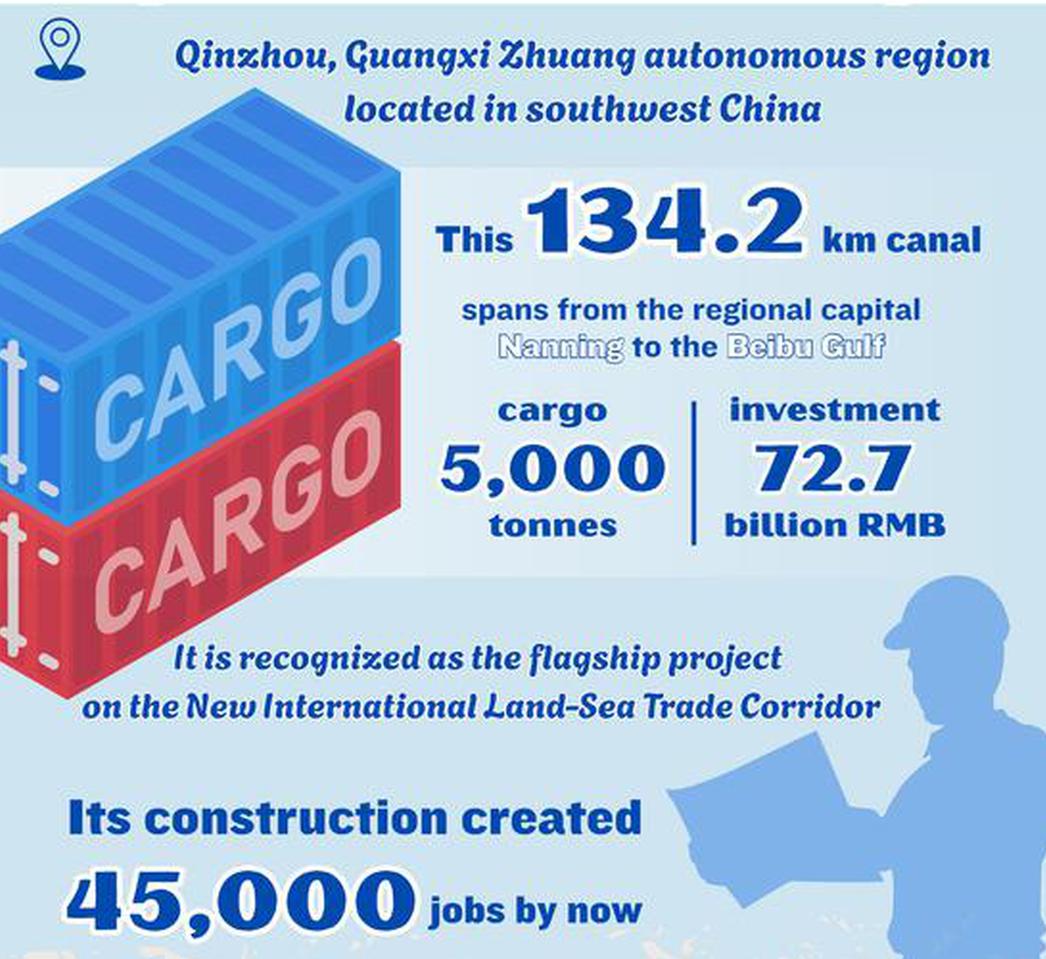



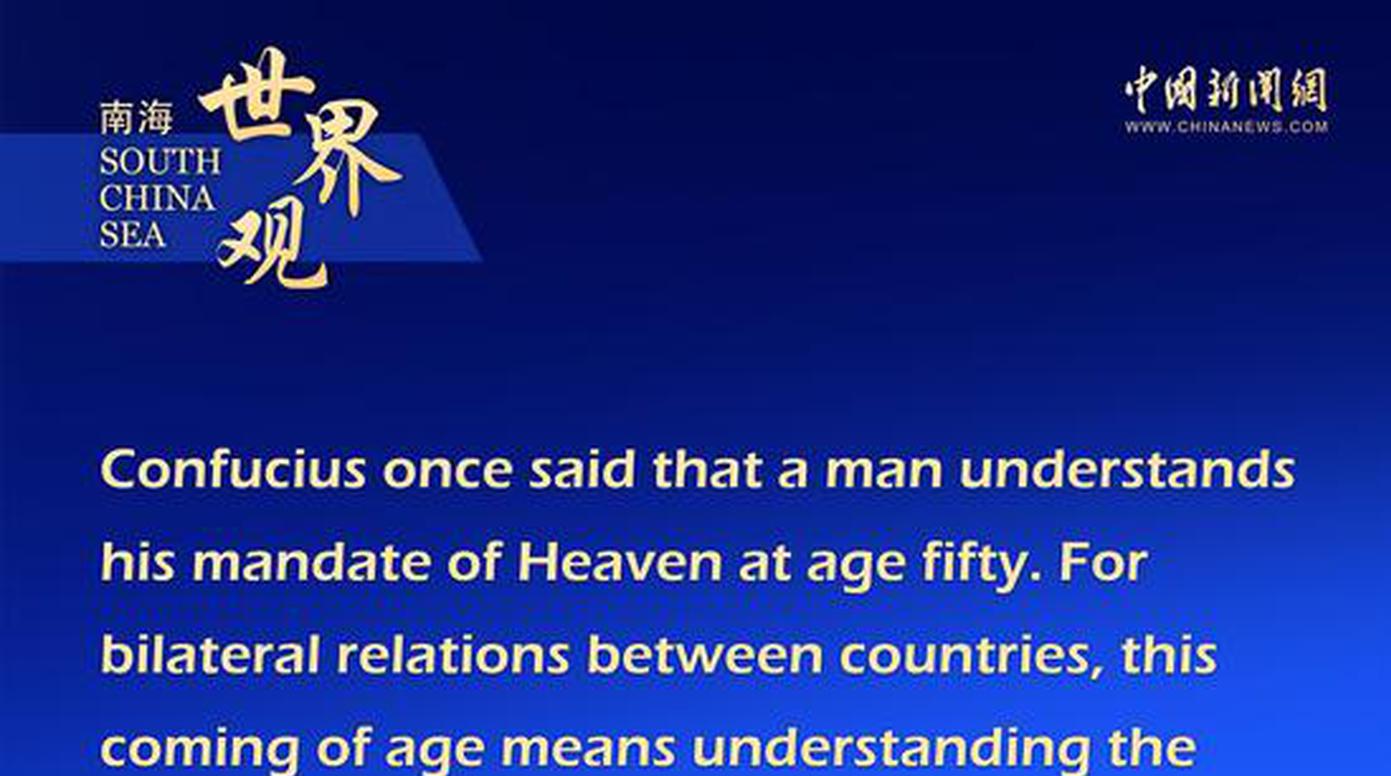
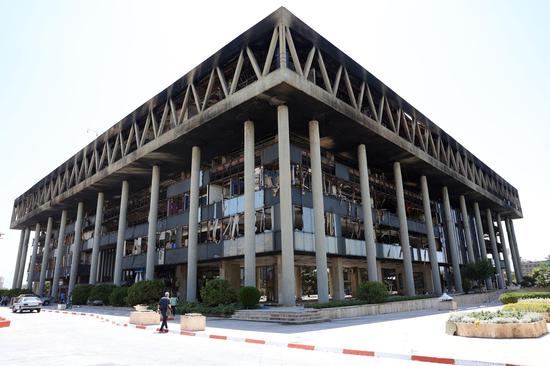










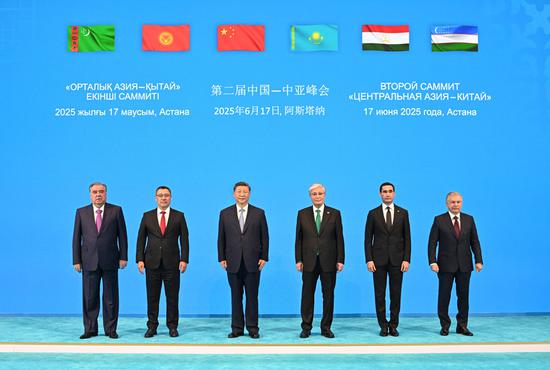




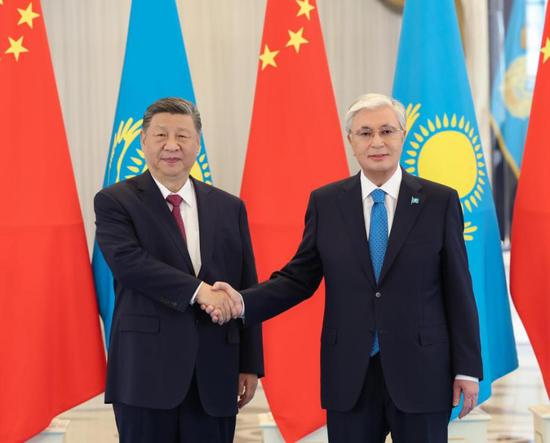








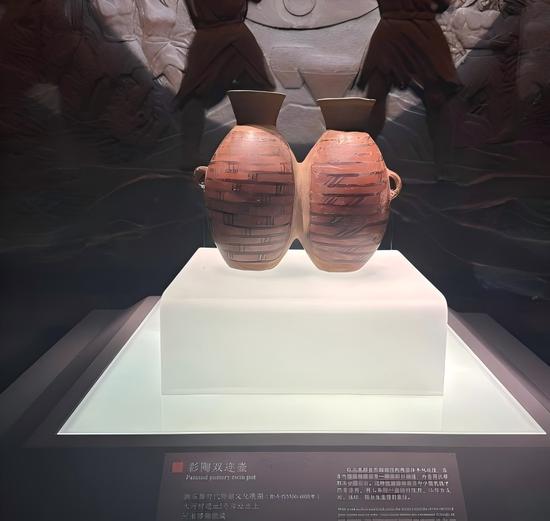
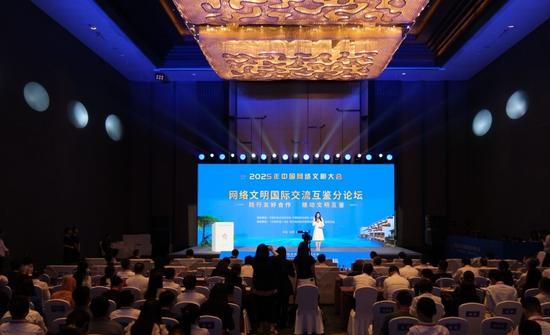


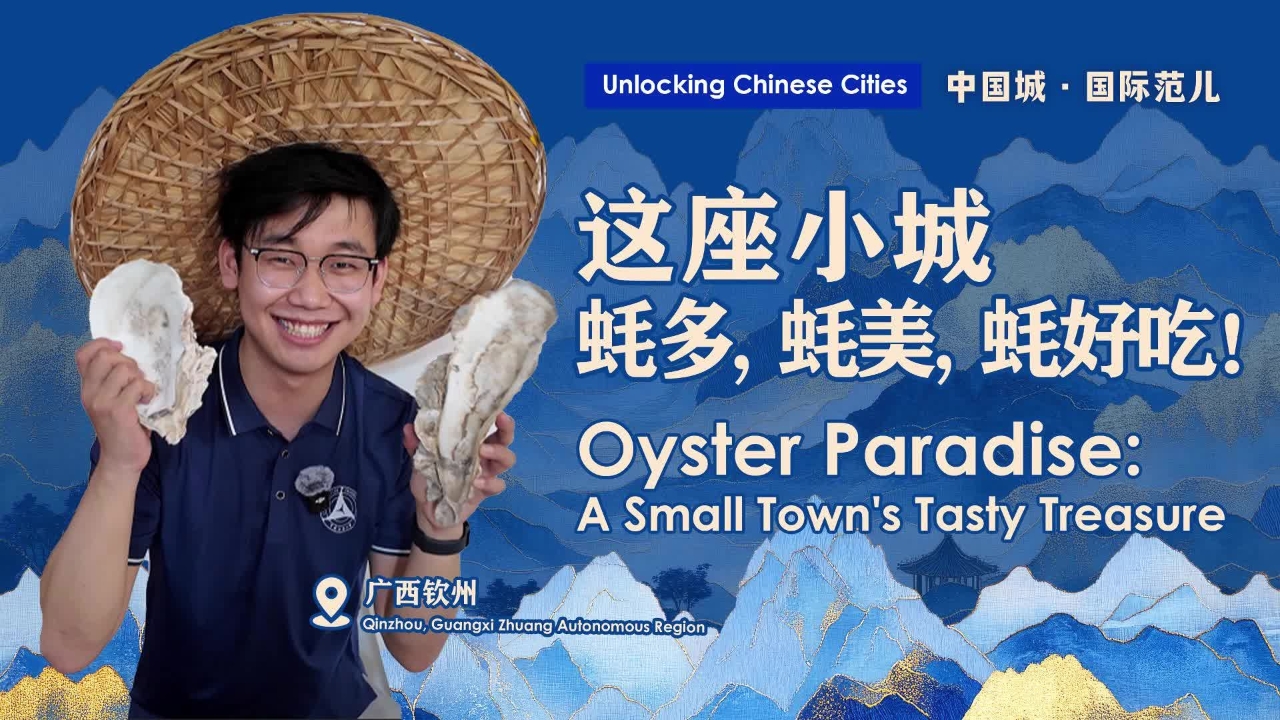

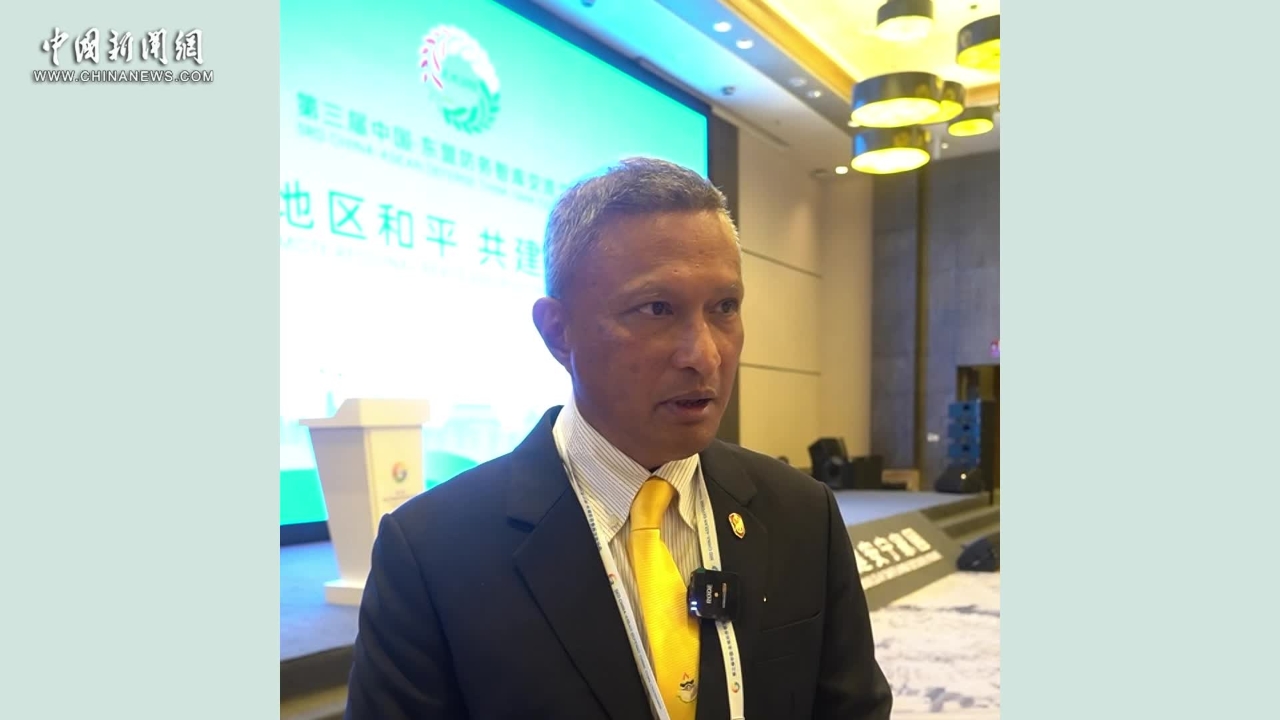

 京公網安備 11010202009201號
京公網安備 11010202009201號